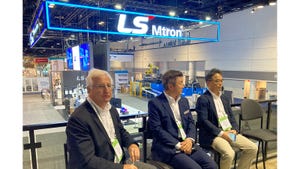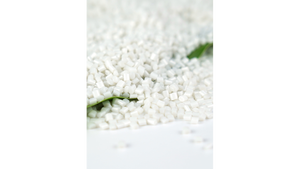Teijin starts biopolymer trial production
Biofront is a stereocomplex polylactic acid (PLA), made using a combination of conventional polylactic acid polymer, derived from plant starch, and its enantiomer poly-D-lactic acid polymer. This structure realizes a melting point that is more than 40ºC higher than that of conventional PLA and on a par with petroleum-derived polybutylene terephthalate (PBT).
September 18, 2009
Biofront is a stereocomplex polylactic acid (PLA), made using a combination of conventional polylactic acid polymer, derived from plant starch, and its enantiomer poly-D-lactic acid polymer. This structure realizes a melting point that is more than 40ºC higher than that of conventional PLA and on a par with petroleum-derived polybutylene terephthalate (PBT). Recently, Teijin has successfully upgraded Biofront with substantially improved resistance to hydrolytic degradation in hot and humid conditions, creating new opportunities for the plant-based material's use in high-heat and high-humidity applications, such as automotive and electronics.The Matsuyama plant was originally Toyota Motor Corp.'s PLA demonstration plant. Following the acquisition of the plant by Teijin in June 2008, it was relocated to Matsuyama and converted into a demonstration plant for Biofront.
Teijin has been manufacturing Biofront at a 200-ton/yr pilot plant in Iwakuni, Yamaguchi Prefecture, where it also conducts related research and development. The addition of the demonstration plant raises the production capacity to about 1000 tons annually, which the company says will enable it to begin developing a commercial market for the resin. Teijin plans to increase the annual capacity of Biofront to 5000 tonnes/yr by fiscal 2011, and eventually to tens of thousands of tonnes annually. —Stephen Moore
You May Also Like


